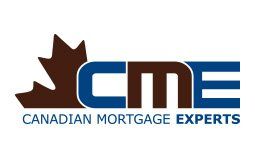Big Banks Announce Mortgage Deferral Relief for Homeowners
Canada’s big banks announced this week that those struggling due to the COVID-19 crisis will be able to defer their mortgage payments for up to six months.
The coordinated announcement came from the Bank of Montreal, CIBC, National Bank of Canada, RBC Royal Bank, Scotiabank and TD Bank, and will be granted on a case-by-case basis to assist those disrupted by the COVID-19 pandemic.
“These measures are an important first step and underscore the resilience of Canada’s financial system and the strength of our major banks,” the joint news release reads. “Banks will monitor evolving economic conditions and consider other measures if necessary.”
The announcement has clearly come as a relief to many who have been laid off temporarily and worried about how they will cover their mortgage payments in the coming months.
One mortgage broker-owner wrote on Twitter that his office had received 26 calls before noon on Tuesday from clients inquiring about the 6-month deferral option.
The Canada Mortgage and Housing Corporation (CMHC), which provides default insurance for insured loans, also announced that it will allow up to 6-month deferrals for mortgage payments.
In a Twitter post, CMHC President and CEO Evan Siddall thanked the banks for stepping up to assist mortgage-holders. But he also reminded borrowers that these deferrals are not a blanket measure available to all mortgagors.
“Mortgage deferrals are being offered to those who NEED them. This is a compassionate program by banks, mortgage lenders, @CMHC_ca , @GenworthCanada and @CanadaGuaranty ,” he wrote in a separate post. “It is a deferral, not a general amnesty. No shortcuts, only relief: we all need to pay our bills if we can.
In addition to the mortgage payment deferral measure, CMHC published a reminder that it and other mortgage insurers offer additional tools to lenders that can assist homeowners struggling though financial difficulty. “Our default management tools include: payment deferral, loan re-amortization, capitalization of outstanding interest arrears and other eligible expenses and special payment arrangements,” it noted in a statement.
How Are Other Mortgage Lenders Responding?
MCAP
MCAP, one of the country’s largest independent mortgage financing companies, has reached out to its clients reminding them of existing mortgage features they can take advantage of. Those include MCAP’s Skip a Payment Program, where homeowners may skip a payment at any time, as well as its Hold a Payment Program, which allows payments to be deferred for a specified period of time.
“Given recent global events, MCAP understands that these may be difficult times for its homeowners,” the company posted in an online notice to clients.
While its call centre is experiencing heavy volumes, clients can contact MCAP here.
Equitable Bank
“At Equitable Bank, we are standing alongside Canada’s six largest banks to help provide financial relief to Canadians impacted financially by COVID-19,” noted CEO Andrew Moor in a statement. “We are committed to working with personal and small business banking customers on a case-by-case basis to provide flexible solutions that help them manage through challenges such as pay disruption, childcare disruption due to school closures, or challenges resulting from the COVID-19 virus itself. This support will include up to a six-month payment deferral for mortgages.”
Moor told CMT that nearly the entire EQ Bank team is now working from home for the safety of them and the community, and that clients can best reach out with questions via email at customerservice@eqbank.ca.
“Obviously there are a lot of calls and it is tough to live up to the service standards we aspire to, but our customers should be assured that we will get back to them and will act in a sensible and compassionate manner,” he said. “Equitable Bank is here to help our customers.”
Home Trust
Home Trust, one of Canada’s leading alternative lenders, published its own statement on Tuesday.
“At Home Trust, we recognize that the COVID-19 virus is creating unprecedented challenging circumstances for everybody,” it reads. “We are committed to work with our customers on an individual basis to support you as you manage through these extraordinary times. If you have been directly impacted by COVID-19 and need to better understand your options with Home, please reach out to us…”
Those wanting more information can contact homehelps@hometrust.ca or call 1-855-270-3630, but are warned of high call volumes.
If you are in a place where you might need to defer your mortgage payments, please don't hesitate to contact any of our Canadian Mortgage Experts for advise in these tough times, we're here to help!
This article was written by Steve Huebl and was originally published on Canadian Mortgage Trends on March 19th 2020




